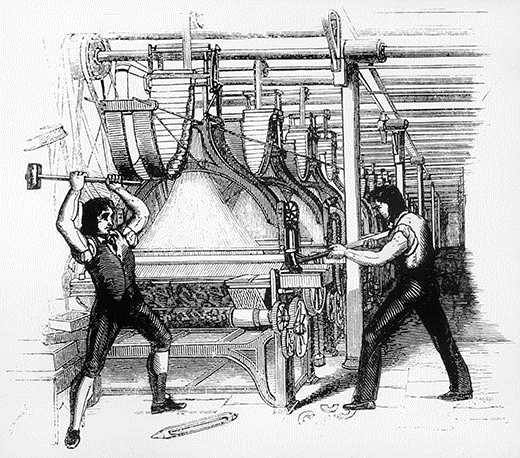So the ride-sharing app Uber is urging Vancouverites to sign a petition on its site to put pressure on the City to allow Uber to operate. An ad for the petition invaded my Twitter feed and I decided to take a closer look. Here’s the petition with my commentary. Spoiler: no, I’m not signing.
Uber begins by laying out “the situation”:
British Columbia and Vancouver are home to the quintessential winter playground, shining examples of liveable cities, and a launching pad for countless innovators and trailblazers across many industries.
That’s why so many residents are disappointed by Vancouver’s limited transportation options. To make matters worse, the Province of British Columbia, at the behest of the taxi industry, isn’t putting consumers first or thinking about how new innovations can create better transit solutions for all.
The ridesharing industry is a very new one, but cities all over the world are embracing it as a way to address the shortcomings of mass transit, reduce congestion and emissions, connect previously isolated neighborhoods, and overall bring cities together in a way never before imagined. These are benefits that people are experiencing right now in more than 220 cities around the world — but Vancouver isn’t among them.
Why thanks, we are quintessential innovators…wait a minute. Once we get past the sweet talk, Uber here points to a real problem, but offers a false solution. Transit shortcomings? Better transit is a worthy goal, only the natural solution would be more buses, lower fares and better service rather than deregulated taxis. The context for transit shortfalls is the systemic offloading of costs from the province government onto cities and an unwillingness to cover increased demand by taxes — at the same time as road infrastructure is rapidly expanded.
Isolated neighbourhoods? Granted, but again this is more a failure of urban planning than something that be solved by an app that helps people catch a cab. This is a perfect illustration of the hubris of Silicon Valley: the gap between pressing problems and technological quasi-fixes that enrich the Valley’s venture capitalists. The environmental benefits too may be overblown: ridesharing is certainly better than single-passenger driving but there is evidence that as Uber cuts prices, drivers have to spend more time driving looking for passengers. A car will always be much less environmentally-friendly than a bus or a subway and any system based on more cars will naturally push for more road infrastructure. Vancouver’s history at least has shown this can come at the cost of transit improvements.
Uber isn’t interested in better transit or better public infrastructure: it’s interested in getting market share for its app. Its rationale for entering a city makes even more sense when other options are bad: the shittier the transit, the worse the regulated taxi industry, the better. And all the talk about a taxi lobby that has politicians in its back pocket is a bit rich for a company that hired its own prominent lobbyists in BC, likely only the beginning. In short, Uber is fighting a public funding shortfall with privatization, public policy failures with undersize techno-fixes, lobbying fire with lobbying fire.

